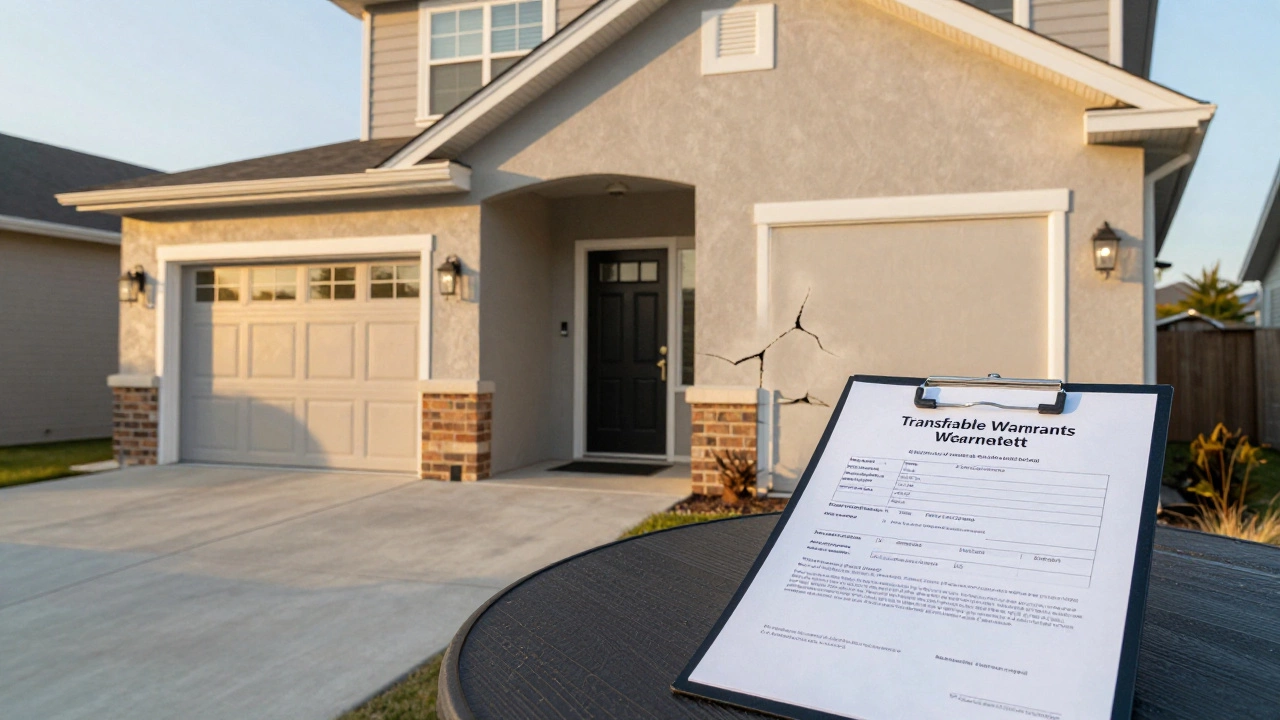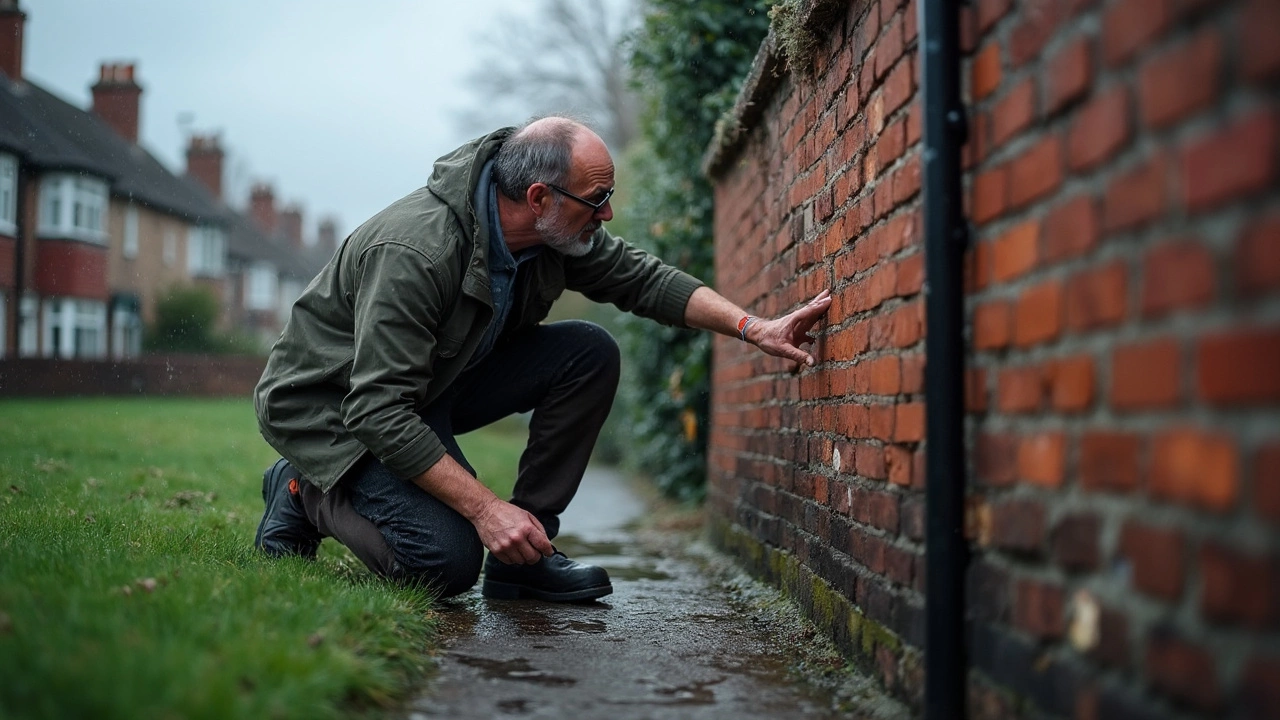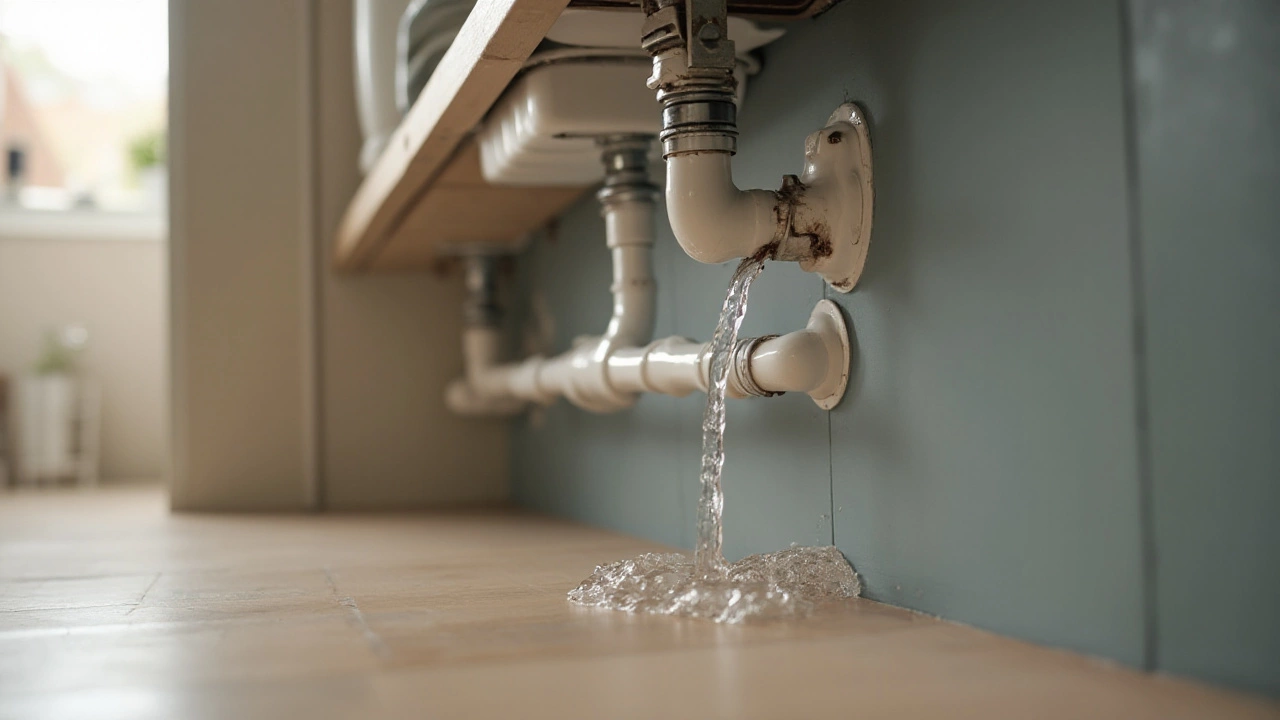Home Inspection Basics: What You Need to Know Before the Inspector Arrives
Thinking about buying a house or simply want to keep your home in good shape? A solid home inspection can save you time, money, and headaches. It’s not just for new buyers – even long‑time owners benefit from a fresh look at the property’s health.
Key Areas Inspectors Focus On
Most inspectors start with the foundation. They’ll check for cracks, especially horizontal ones that can signal serious stress. Look for any gaps or shifts in the walls, and ask the inspector to explain what level of repair might be needed. If you spot a crack yourself, note its size and location – this helps the inspector give a quicker, more accurate assessment.
Next up is the roof. Inspectors examine shingles, flashing, and drainage. Common issues include missing shingles, rusted flashing, or water stains on the ceiling. If the roof is older, ask about the remaining lifespan and whether a full replacement is likely soon. Simple maintenance, like clearing gutters, can extend the roof’s life and keep the inspector happy.
Beyond Foundations and Roofs
Plumbing and water damage are another big focus. Leaking pipes under the foundation or in the crawl space can cause mold and settle the house. Test faucets, watch for low water pressure, and check for any damp spots in basements. Even if the house looks dry, a moisture meter can reveal hidden problems.
Electrical systems get a thorough look too. Inspectors verify that the wiring meets current safety standards, that circuit breakers are labeled, and that there are no exposed wires. If you’ve upgraded any part of the system yourself, make sure it’s done by a qualified professional – otherwise it could show up as a red flag.
Finally, the exterior and landscaping matter. Overgrown trees can damage siding or block drainage. Look for proper grading away from the house; water should flow away, not pool around the foundation. Simple yard work, like trimming branches and fixing cracks in driveways, helps maintain the overall health of the property.
When the inspector finishes, you’ll get a report detailing what’s in good shape and what needs attention. Prioritize items that affect safety first – structural cracks, faulty wiring, and major leaks. Smaller concerns, such as cosmetic paint wear, can be scheduled for later.
Preparing for an inspection is easy. Clear access to the attic, basement, and utility rooms. Turn on water and electricity so the inspector can test everything. Make a list of any known issues you’ve already noticed – it shows you’re proactive and helps the inspector focus on new problems.
Remember, a home inspection isn’t about finding reasons not to buy or live in a house; it’s about giving you a clear picture of what’s working and what might need a fix soon. Use the report as a roadmap for maintenance, budgeting, and future upgrades.
Bottom line: regular inspections keep your home safe, protect its value, and save you from surprise repairs. Schedule one now and enjoy peace of mind knowing your house is in good hands.

Does Foundation Repair Decrease Home Value? What Buyers Really Think
Dec 15, 2025, Posted by Damon Blackwood
Foundation repair doesn't hurt home value-it protects it. Unfixed damage causes bigger losses, while proper repairs boost buyer confidence and resale price. Learn what works, what buyers look for, and how to prove your home is structurally sound.
MORE
How to Fix Foundation Problems: Homeowner Solutions for Structural Repair
Jun 23, 2025, Posted by Damon Blackwood
Foundation problems can be a homeowner's worst nightmare, causing everything from cracked walls to uneven floors. This article breaks down the common causes of foundation damage, the warning signs to watch for, and easy steps homeowners can take to diagnose and address these issues. You'll learn about different repair options, including when you might need to call in the pros. Straightforward tips, fascinating facts, and real-world examples will guide you so you can tackle foundation troubles with confidence. No mystery, just practical advice that saves your home and money.
MORE
Water Damage to Foundation: What It Looks Like and How to Spot It
May 29, 2025, Posted by Damon Blackwood
Worried about water messing with your home's foundation? This article breaks down what water damage to a foundation actually looks like. You'll learn about the most obvious signs, the sneaky warning clues, and some useful ways to check things out yourself before calling in the pros. Plus, there are tips on how to prevent problems and what to do if you spot damage. Get the info you need to keep your home's base solid and dry.
MORE
Identifying Common Flaws in New Construction: A Homebuyer's Guide
Nov 20, 2024, Posted by Damon Blackwood
Exploring the most common defects found in new constructions can prevent unexpected surprises for potential homeowners. This article dives into the typical issues like faulty plumbing, poor insulation, and structural concerns that frequently arise with freshly built homes. Understanding these problems not only prepares buyers but also equips them with the knowledge to address issues before they escalate. Addressing these common pitfalls with practical solutions can lead to safer and more sound investments.
MORESEARCH HERE
Categories
TAGS
- foundation repair
- commercial construction
- construction
- new builds
- home improvement
- home renovation
- bathroom renovation
- construction materials
- residential construction
- building codes
- home foundation
- building types
- renovation tips
- construction differences
- contractor
- building materials
- foundation cracks
- home construction
- architectural services
- building contractor